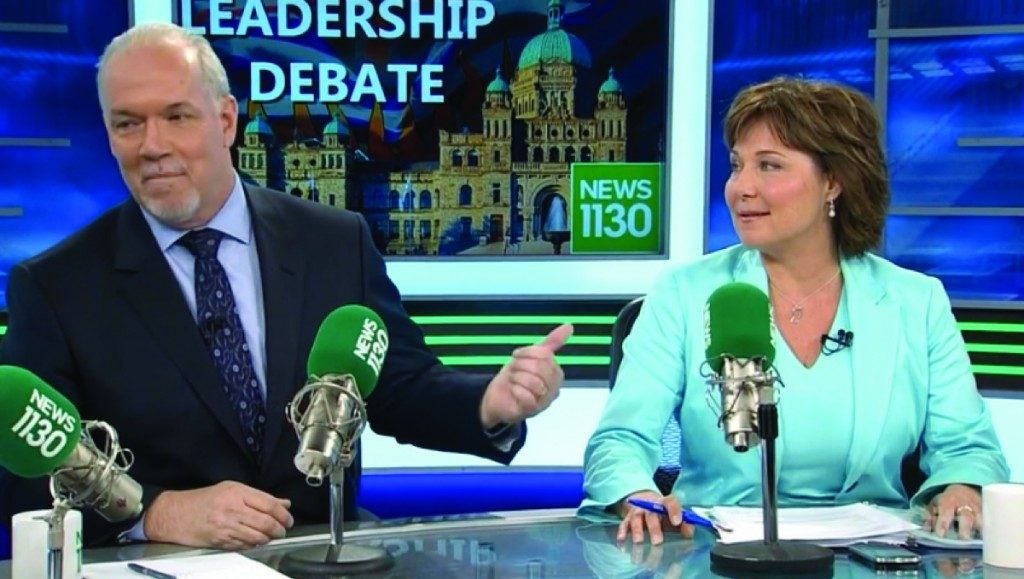
Policies are more important than the people enacting them
By Cazzy Lewchuk, Opinions Editor
We don’t vote for politicians, we vote for policies and ideas enacted and represented by specific individuals and parties.
However, politics is all about personality. Perhaps the most important part of the business is commanding respect towards oneself. Politicians can be and frequently are brought down by scandals.
In the 2016 Presidential election, both major candidates’ personalities played a larger role than anything else. Donald Trump and Hillary Clinton were both extremely popular and recognizable before they ran for president. Both were also well-known for being absolutely loathed by not only members of the opposing party, but by quite a few of their own. Both were considered hypocritical, untrustworthy, unstable, and corrupt. For many voters, the decision came down to which one they hated less.
Clinton’s campaign, particularly in the later months, ran a progressive agenda. Among the biggest promises were making university free to most students and raising the minimum wage across the country to $15 an hour. Other policies included simply being less racist or prejudiced in general, and advancing human rights instead of repressing them. Of course, despite these factors, Clinton’s public image and scandals contributed to her not winning the presidency. Voters (particularly in swing states where the results mattered more) just couldn’t handle the idea of Clinton in office. On the reverse side, Republicans united around a candidate they hated. Many of his voters couldn’t stand Donald Trump, but they needed a leader who represented right-wing ideology, and he was the one they got. Conservatives united around a candidate they hated, sometimes liberals need to do the same.
The 2017 UK general election featured a similar situation. Theresa May, a Conservative Prime Minister appointed—not elected—to the position, faced off against maverick Jeremy Corbyn. Leader of the Labour party, Corbyn’s lifelong leftism and activism came off as radical to many voters. Severely unpopular amongst Labour members, many believed he was killing their chances of victory. Labour and Corbyn instead pulled off a massive surprise, having their largest seat gain in years and leaving May barely clinging to power. UK voters learned the lesson the US didn’t: policy is what’s most important to a party. People weren’t voting for Corbyn; they were voting for a Labour policy that included a future “for the many,” according to the campaign slogan.
Our own home was not immune to these issues on both sides of the spectrum. Christy Clark may be the most detested BC Premier to date. Her voters supported the BC Liberal policies that had carried the province for the last 16 years. By contrast, John Horgan was seen as a new face and untested leader. Even Green Party Andrew Weaver, who now forms a coalition with Horgan, distrusted the candidate. During the campaign, when faced with a possible coalition, Weaver described Horgan as “temperamental” and expressed concerns he’d be difficult to work with. Despite the fact that the BC Green Party policies are much more similar to the BC NDP—particularly in environmental stances—Weaver’s concerns about the candidate leader were (at the time) enough to sway undecided voters.
It doesn’t matter who’s in power. What matters is voting in candidates who represent ideals we want, even if they have a “temperament.” All politicians are human, and all will be subject to scandals and mistakes, but it’s what they will get done once in power that matters most.

